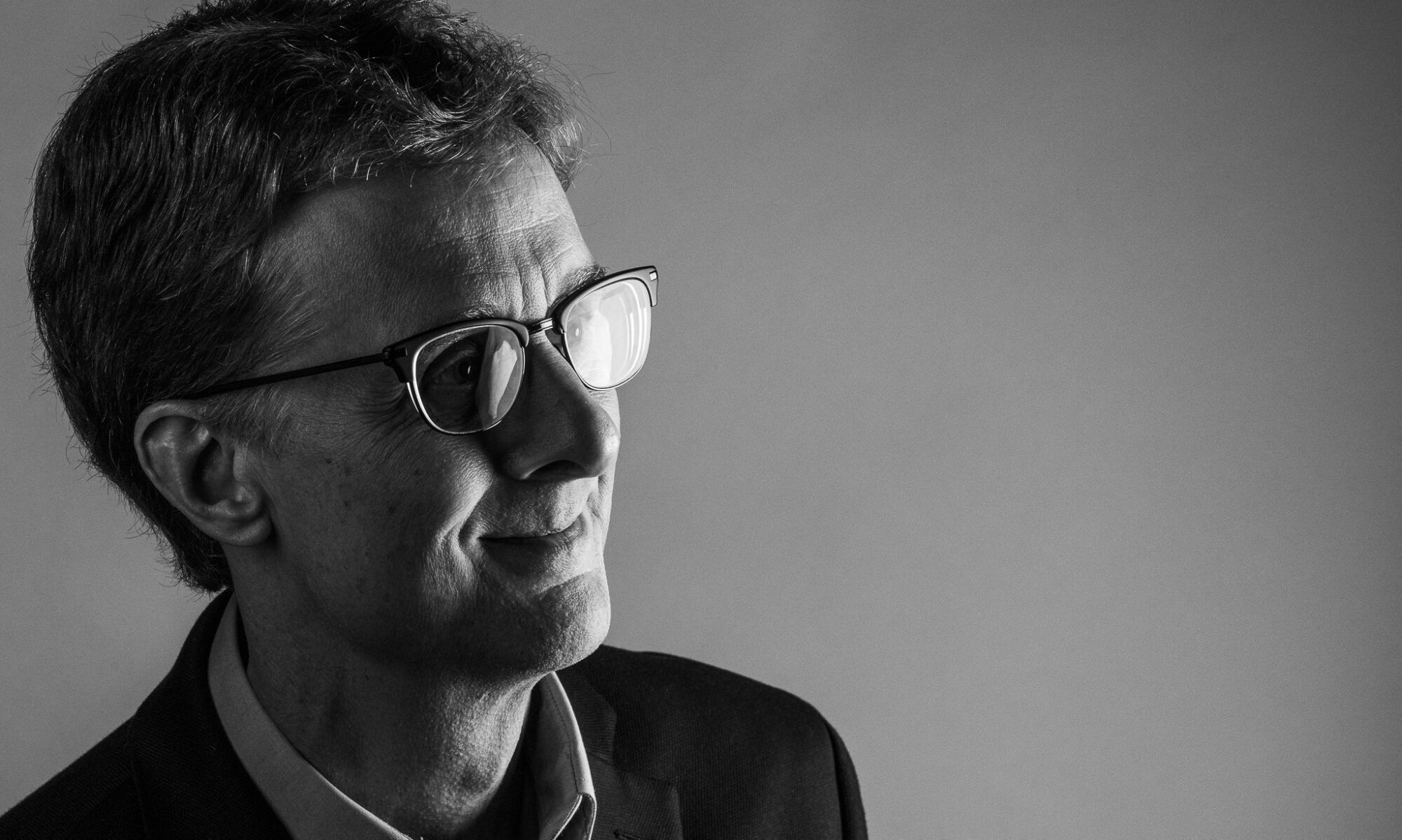Since age 24, I have always maintained an exercise program. For several years I lifted weights, before deciding push-ups and sit-ups get the job done in a lot less time. I jogged until I was 30, then put 10,000 miles on a Schwinn AirDyne bike. In 2001, I went back to running. As age 50 crept ever closer the past few months, my body complained often about recurring aches and pains. I sensed Father Time was telling me to find another way to stay in shape.
So I decided to take up swimming and, given my desire to do it right, enrolled in a 10-week training class at the YMCA. Upon arriving at the first session five days before my birthday, I discovered the other 12 participants all have been participating in this program for at least a year; several are former competitive swimmers. I also learned the sport of swimming is a lot harder than Michael Phelps makes it look. After 20 minutes – having ingested, I’m certain, more than a safe amount of chlorine and feeling I was close to hyperventilating – I told the instructor, “I don’t think I can do this. Running is so much easier.” She politely said: “Yes, you can. Give me three weeks and you’ll be swimming laps with everyone.”
Tomorrow is that three-week mark, and while I’m still not good – that’s me bringing up the rear in the beginner’s lane, struggling to figure out how to take a breath during freestyle and sitting out about every third rotation – I’m starting to get the rhythm of swimming. Looking down the road to August 18th when this session ends, I have a clear vision of signing up for the next one and spending many more days in the pool.
The lesson here is this: Implementing something new and important – whether it’s business strategy or personal development – doesn’t come without a large dose of learning, a big serving of frustration and a giant piece of humble pie. The key is to put one arm in front of the other, keep kicking and breathe calmly. Looking in the mirror each morning and channeling your inner Stuart Smalley helps too: “I’m good enough, I’m smart enough, and doggone it, people like me!”

